Last Updated on August 2, 2024 by Daniele Lima
Revolutionize Your Daily Routine with Technology Integration for Improved Well-being
Technology has become an important part of our daily lives, providing tools and solutions that improve health and productivity. From smartphones to smart homes, technology offers new ways to manage tasks, monitor health, and improve overall health.
Embracing these developments can lead to a more integrated, healthy, and productive work environment. This article explores how you can use technology Integration in your daily life to achieve better health and productivity.
Table of Contents
Health Apps and Gadgets
Fitness Trackers and Smartwatches
Fitness trackers and smartwatches like Fitbit and Apple Watch can track physical activity, heart rate, and sleep patterns. They provide real information and advice to encourage people to stay active and make healthy choices. Functions such as exercise tracking, exercise reminders, and breathing exercises help integrate fitness into daily life and increase the accessibility and fun of health management.
Health Monitoring Devices
Health monitoring tools have transformed the way people monitor important health indicators by providing unprecedented ease and usability. Smart scales and blood pressure monitors are the best tools in this category and are indispensable for people who want to be healthy. Withings and Omron are at the forefront in this field, offering state-of-the-art devices that can easily integrate with a variety of healthcare applications.
Nutrition and Diet Apps
MyFitnessPal and Lose It! Food and nutrition apps help people track food intake, create nutritional goals, and stick to healthy eating habits. These apps provide a variety of food and nutrition information and recommendations. These apps provide analysis of dietary patterns, supporting individuals in making nutritional decisions and achieving health and wellness goals.
Productivity Tools
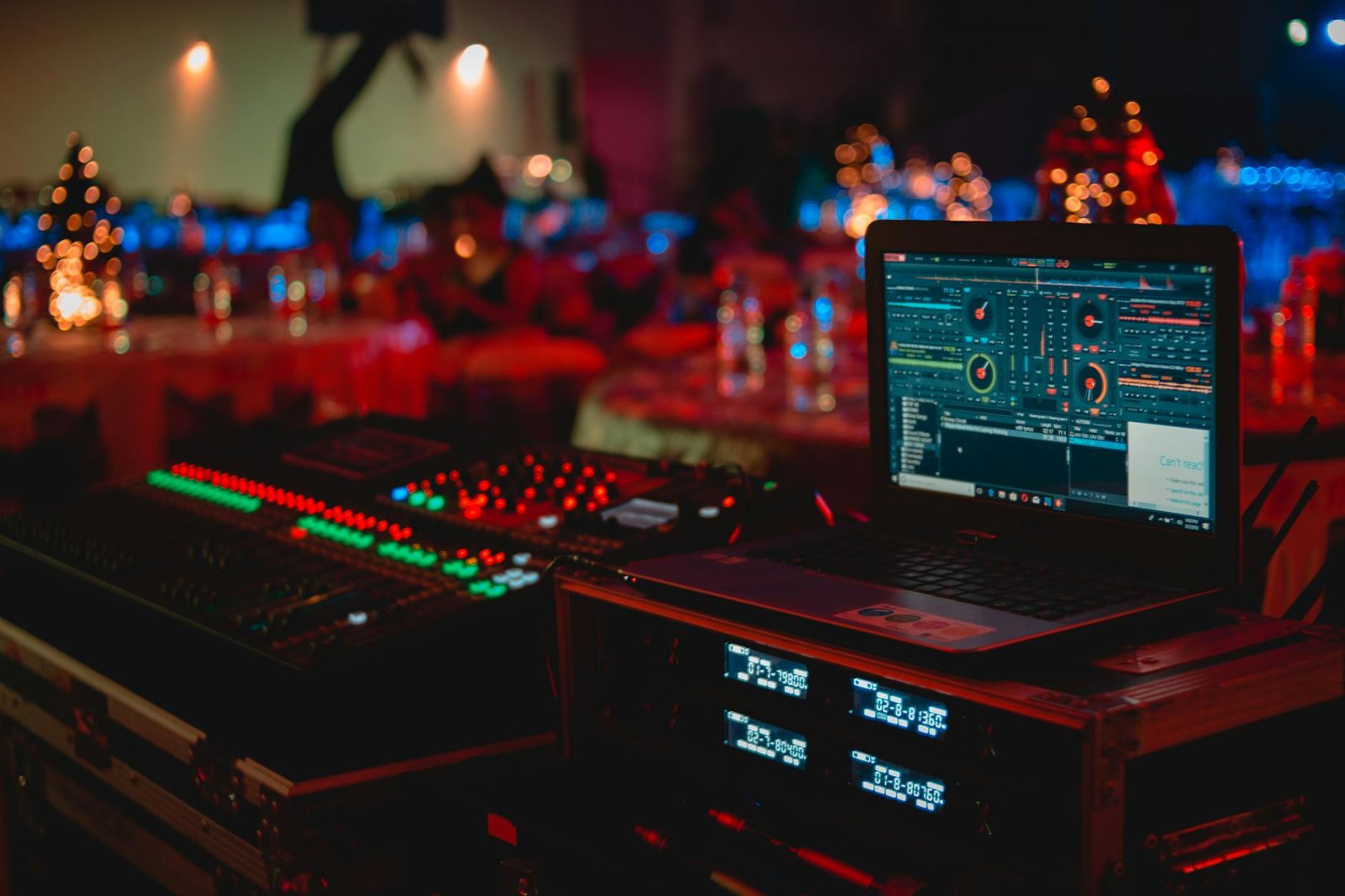
Task Management Apps
Task management apps like Todoist and Microsoft To-Do help people organize daily tasks, set priorities, and manage time effectively. These apps allow users to get their work done efficiently by offering features like reminders, deadlines, and task collaboration. By incorporating these tools into their daily schedule, people can be more productive by managing their work and reducing stress.
Note-Taking Apps
Notes apps like Evernote and OneNote provide a digital platform for jotting down ideas, meeting notes, and to-do lists. These applications provide cloud synchronization, allowing access to multiple devices. Features like searchable text, tags, and organized folders help users organize what they write and find it easily. These apps can be used to manage data easily and be productive.
Focus and Time-Management Apps
Apps like Forest and Focus@Will are designed to help users focus and manage their time effectively. They use techniques like the Pomodoro Technique and background music to increase productivity. These tools facilitate communication between work and rest, allowing users to effectively and efficiently manage their time throughout the day.
Smart Home Technology
Smart Lighting
Lighting systems such as Philips Hue and LIFX allow users to control lighting using their smartphones or voice assistants. These systems can be programmed to change brightness and color temperature to improve mood and increase productivity. Good lighting can create the perfect environment for different activities, from demanding work hours to relaxing evenings, ultimately improving health and productivity.
Smart Thermostats
Smart thermostats like Nest and Ecobee offer automatic climate control that adjusts to customer preferences to maintain the perfect temperature in the home. These devices can be controlled remotely and connected to other smart homes.
By improving the indoor environment, smart air conditioners increase sleep quality, productivity, and energy efficiency, ultimately improving health and expenses.
Voice Assistants
Voice assistants like Amazon Alexa and Google Assistant provide an easy, hands-free way to control smart home devices, store information, and manage tasks. These virtual assistants can set alarms, play music, adjust lights, and answer questions, making daily tasks easier. By integrating voice assistants into daily tasks, people can be more productive and productive through multitasking and streamlined processes.
Balancing Technology Use
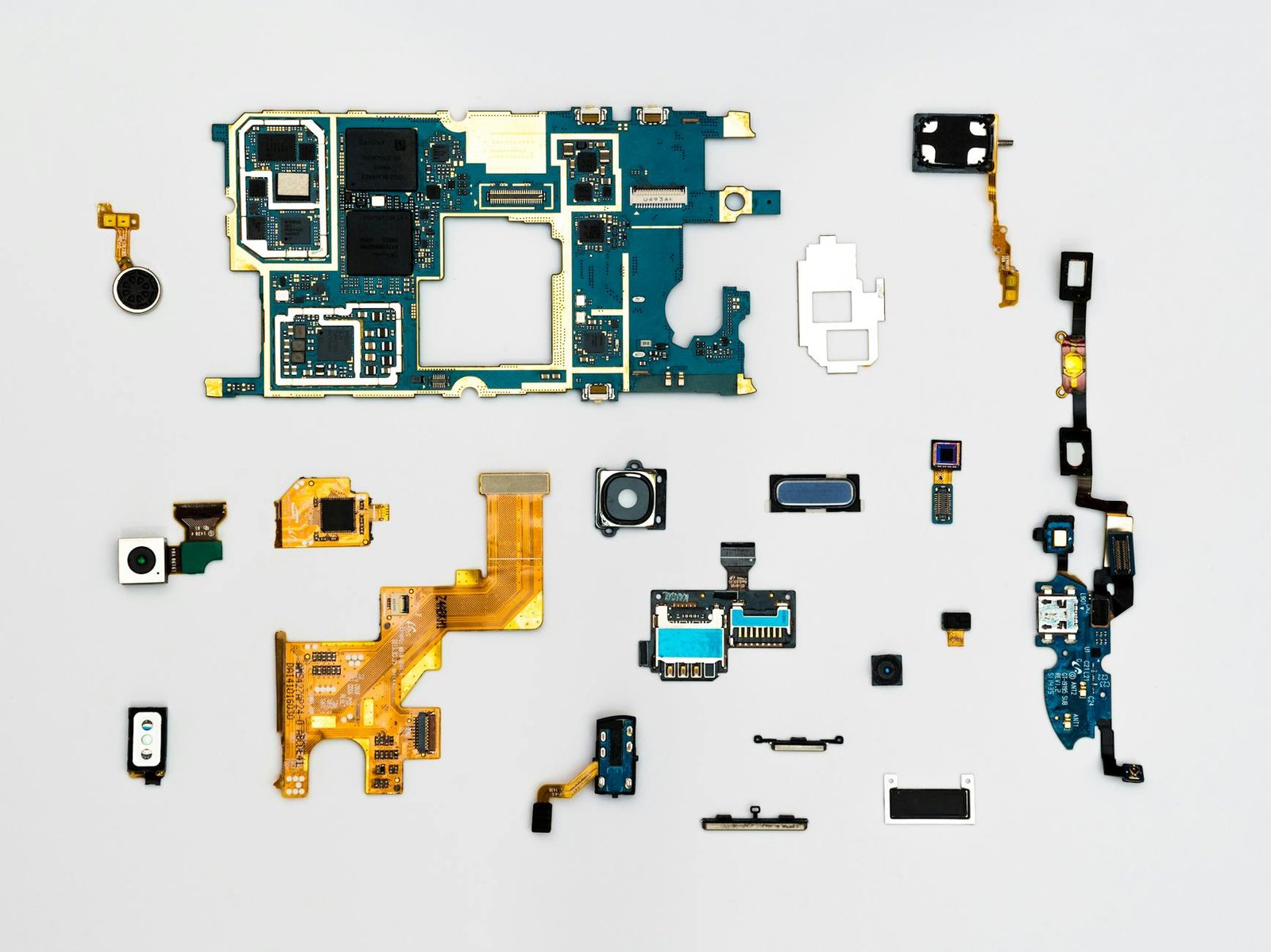
Setting Boundaries
While technology has many benefits, it is important to set limits to prevent overuse. Creating screen-free time, such as during meals or before bed, can help maintain health. Using features such as real-time smartphone analytics can provide insight into usage patterns and help establish them. Using balanced skills improves, not diminishes, health and productivity
Mindful Usage
Implementing intentional use of technology requires thinking about how and when to use technology. This might include setting aside specific times to check email and social media, reduce notifications, and prioritize tasks. Mindful use can help prevent digital drowning and improve overall health by promoting more productive daily activities.
Digital Detox
A regular digital detox can help you heal and renew your mind. Taking a break from technology, such as going on vacation or spending time using technology every day, can give the brain a break and reduce stress. Engaging in offline activities such as reading, exercising outside, or spending time with loved ones can restore balance and improve mental health. Regular detoxes can promote healthy relationships with technology.
Conclusion
Integrating technology into your daily life can provide many health and productivity benefits. Health apps and tools provide tools to monitor and improve your health, while productivity tools improve work management and efficiency. Smart home technology creates a comfortable and efficient environment for daily activities.
Balancing technology use with mindfulness practices and digital detoxes can ensure that these tools improve our health rather than hinder it. Use technology to achieve a healthier, more productive life and enjoy the best that technology brings to daily life.
Frequently Asked Questions
How can technology improve health?
Technology has a significant impact on improving our health and overall well-being through the use of advanced technologies such as artificial intelligence, equipment health, and nutrition monitoring. This device collects real-time data to provide users with valuable information about their physical activity, vital signs, and eating habits. For example, fitness trackers can help people set and achieve fitness goals by recording the number of steps taken, heart rate, and calories burned each day.
What productivity tools can help manage daily tasks?
Task management tools like Todoist and Microsoft To-Do are essential for people who want to manage their daily tasks effectively. These apps are specifically designed to help users organize their tasks, allowing them to prioritize tasks and schedule completion times. These platforms ensure that no important task is missed with features such as task classification, reminders, and progress tracking.
How does smart home technology contribute to well-being?
Modern technologies such as smart lighting, smart thermostats, and voice assistants have paved the way to improve our daily lives. Today’s technology works together to create an environment that is not only comfortable but also productive.
What are some tips for balancing technology use?
In today’s digitally savvy environment, establishing a technological boundary is crucial. It’s a good idea to designate certain times of the day as technology-free time, putting devices aside to encourage participation in other activities. Whether it’s at dinner, family gatherings, or bedtime, these times allow for interaction and a break from screens.
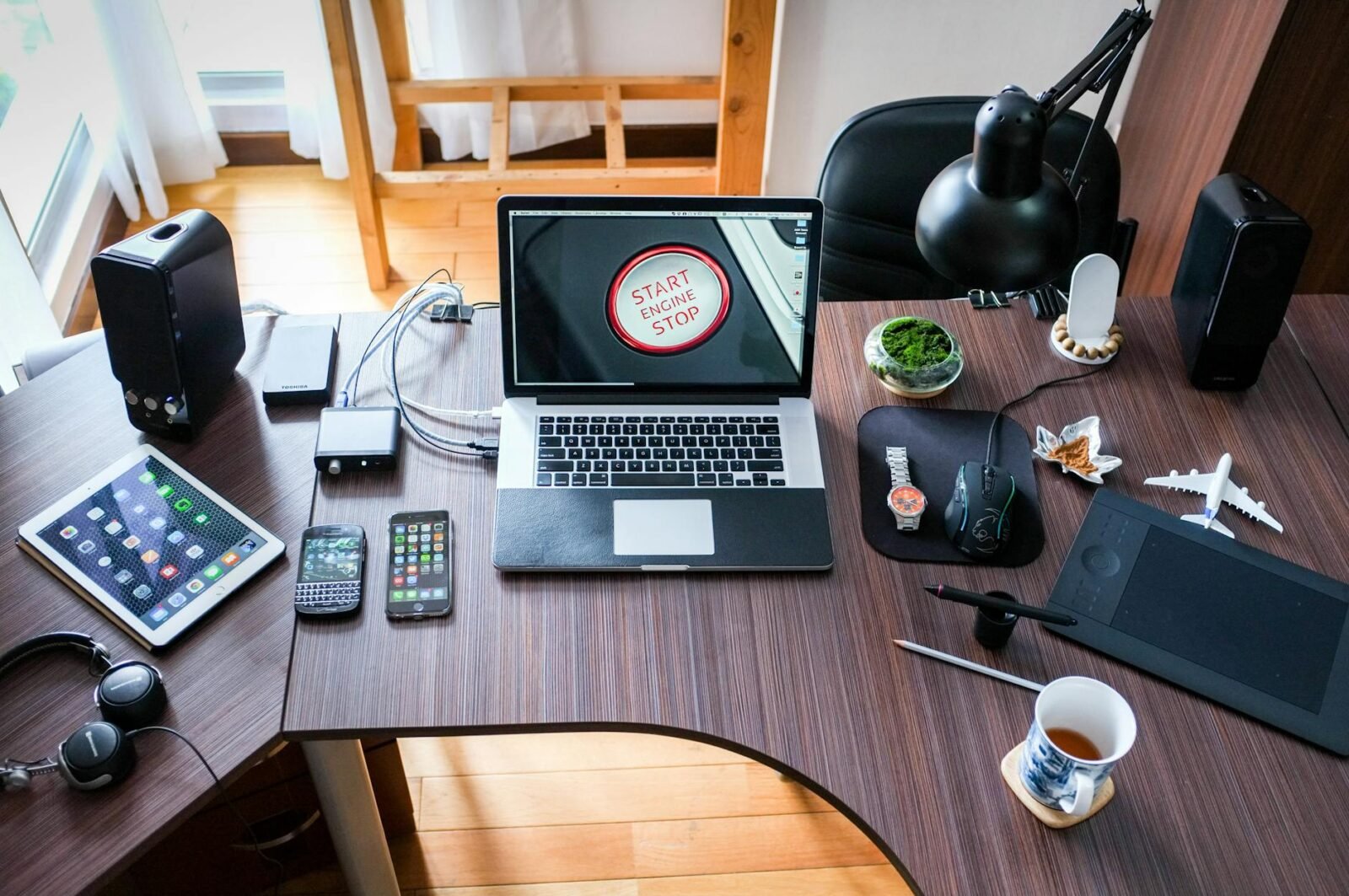

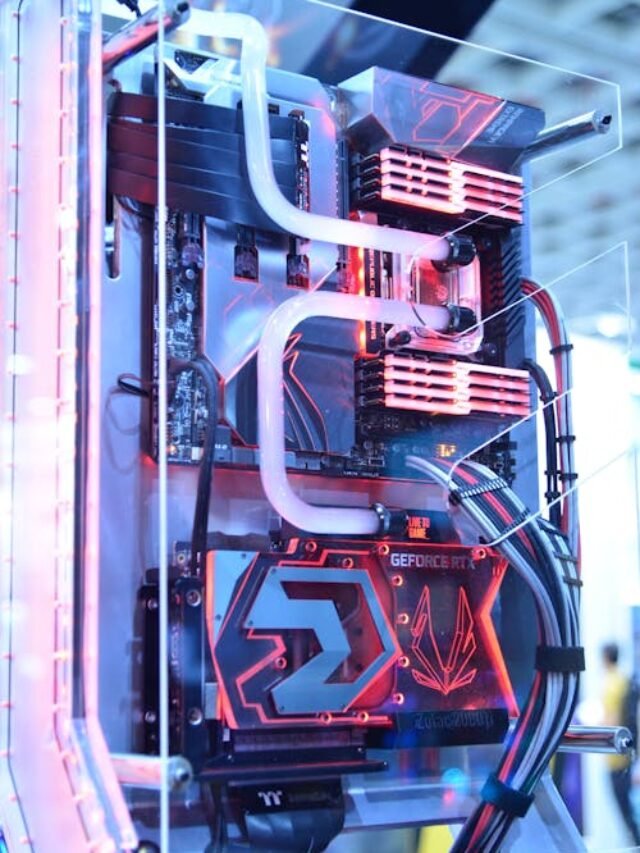




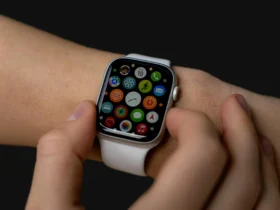
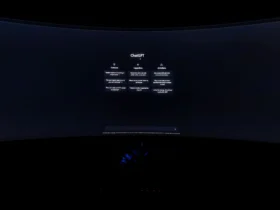

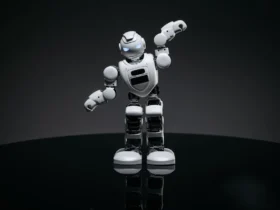
Leave a Reply